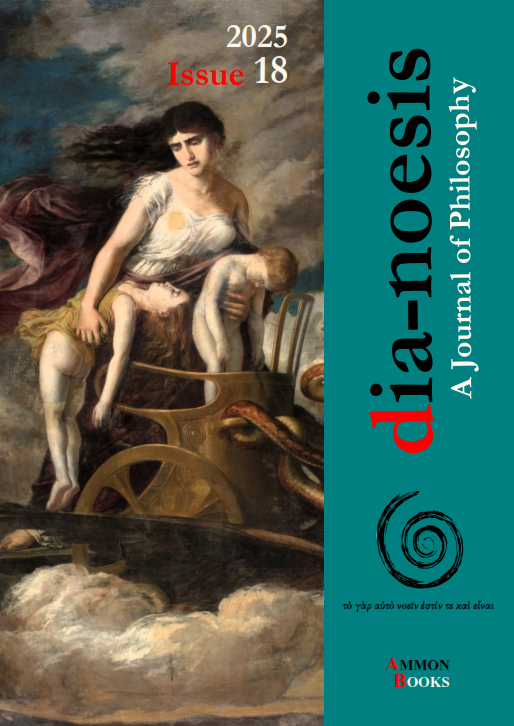The ‘C’ Word: Testimony and Trauma in Gaiutra Bahadur’s Coolie Woman: The Odyssey of Indenture

Abstract
Gaiutra Bahadur in Coolie Woman: The Odyssey of Indenture has chronicled the stories of indentured ‘coolie women’ who suffered severe domestic abuse, bodily mutilations, and even murder. Bahadur's quest for unearthing her great-grandmother Sujaria’s story becomes an exercise in bringing the history of a quarter million other ‘coolie’ women into the light. By employing an interdisciplinary lens, the paper aims to unravel the experiences of such oppressed women in the Caribbean context during the period of colonization. The paper additionally aspires to scrutinize the text as a testimonial writing that accentuates the voices of the voiceless through the author. This will be achieved by analyzing the primary sources and employing a theoretical framework associated with gender, diaspora, and postcolonialism. Not only does the research disclose various marginalized aspects of history, but it also offers valuable perspectives to enable contemporary discussions associated with gender and social injustice.
Article Details
- How to Cite
-
Pramode, S., & Mohan, N. (2025). The ‘C’ Word: Testimony and Trauma in Gaiutra Bahadur’s Coolie Woman: : The Odyssey of Indenture. Dia-Noesis: A Journal of Philosophy, 18(2), 343–362. https://doi.org/10.12681/dia.43467
- Section
- Articles


